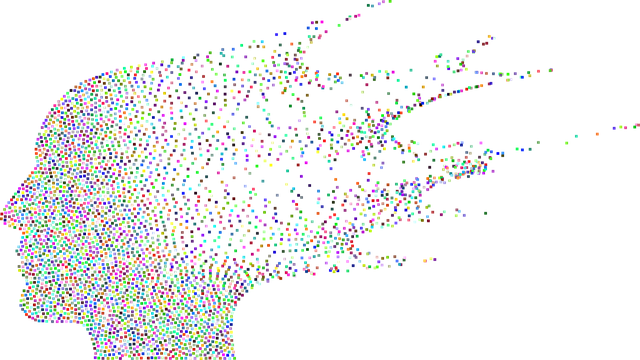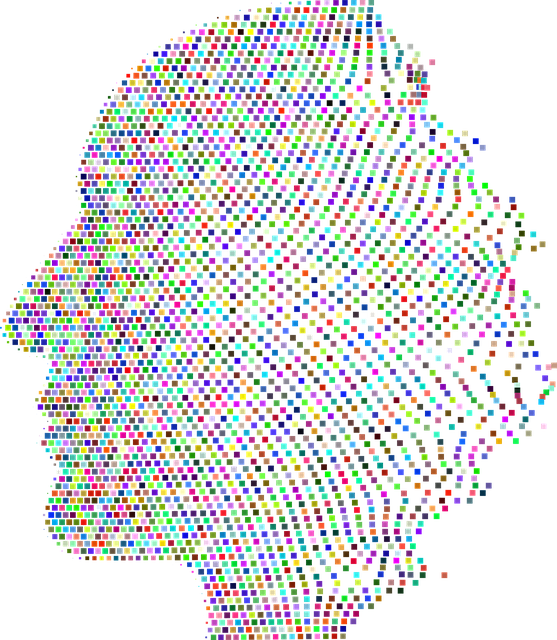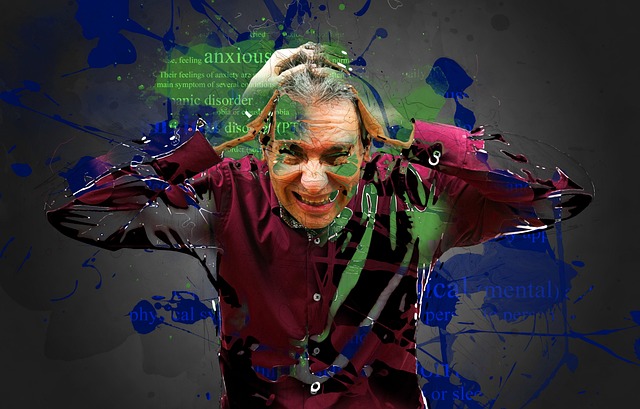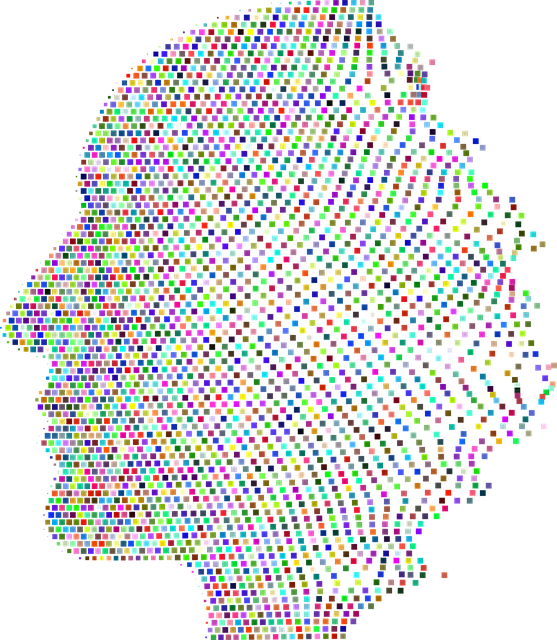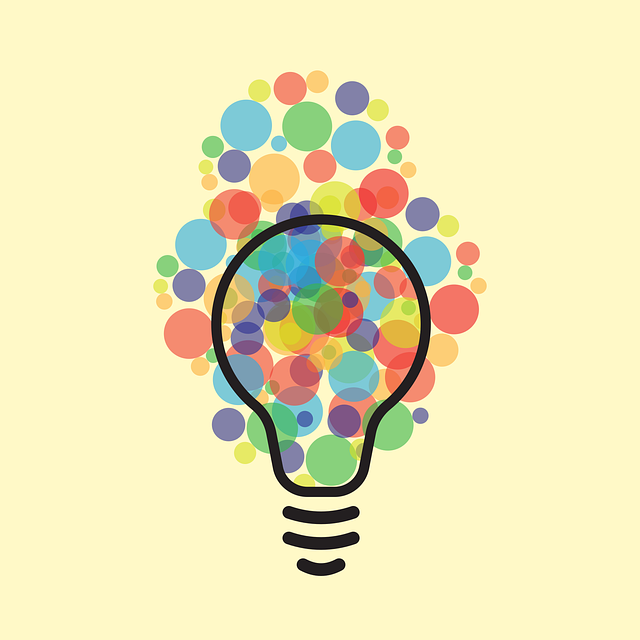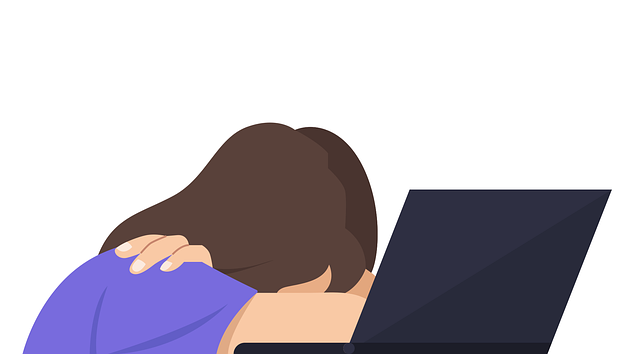Social skills training is a powerful tool for adults with ADHD/ADD, addressing their unique challenges in social situations through therapy tailored to their needs. Structured evaluations assess current functioning and guide personalized strategies for communication, emotional regulation, and risk management. Mindfulness meditation enhances present-moment awareness and empathy, while cultural competency ensures holistic care that respects diverse backgrounds. This comprehensive approach improves social interactions, builds confidence, and ultimately boosts mental well-being, as evidenced by effective therapy for Adults ADD-ADHD evaluations.
Social skills training is a powerful tool for individuals navigating mental health conditions. This article explores the intricate connection between social abilities and mental well-being, focusing on strategies tailored for adults with Attention Deficit Hyperactivity Disorder (ADD/ADHD). Through a combination of therapy evaluations and evidence-based practices, we delve into enhancing social competence, improving interactions, and managing symptoms effectively. By understanding these approaches, individuals can foster healthier relationships and lead more fulfilling lives.
- Understanding the Link Between Social Skills and Mental Health
- The Role of Therapy in Developing Social Competence for Adults with ADD/ADHD
- Effective Strategies for Enhancing Social Interactions and Managing Mental Health Conditions
Understanding the Link Between Social Skills and Mental Health

In today’s world, social skills play a pivotal role in our mental well-being. The link between strong social connections and improved mental health is increasingly recognized. For individuals dealing with conditions like Adult ADD/ADHD, navigating social situations can be challenging, leading to feelings of isolation and exacerbating existing symptoms. Therapy for Adults with ADD/ADHD often includes strategies to enhance social skills, teaching effective communication, emotional regulation, and active listening – essential tools for building and maintaining healthy relationships.
Furthermore, practices like Mindfulness Meditation have gained popularity as complementary approaches to managing mental health. Research suggests that mindfulness can improve social interactions by fostering present-moment awareness and empathy. A Healthcare Provider with Cultural Competency Training is better equipped to address the unique needs of diverse patients, ensuring that social skills training is tailored to individual experiences and cultural backgrounds. This holistic approach recognizes the interconnectedness of mental health, social connections, and overall well-being.
The Role of Therapy in Developing Social Competence for Adults with ADD/ADHD

Social skills training is a critical component in supporting adults with Attention Deficit Hyperactivity Disorder (ADHD) or Attention Deficit Disorder (ADD). Therapy plays a pivotal role in helping individuals develop and enhance their social competence, addressing the challenges often associated with these conditions. Through structured evaluations, mental health professionals can assess an individual’s current social functioning and identify specific areas for improvement.
One of the key objectives of therapy is to teach individuals effective communication strategies, emotional regulation techniques, and resilience-building skills. These are essential tools for navigating social interactions and managing relationships. Additionally, therapy sessions can be tailored to promote emotional well-being, which is often impacted by ADHD/ADD, enabling adults to build confidence and improve their overall quality of life. Effective risk management planning, another crucial aspect, equips them with strategies to handle potential challenges or triggers in social settings, fostering a sense of control and safety.
Effective Strategies for Enhancing Social Interactions and Managing Mental Health Conditions

Social skills training is a potent tool for individuals managing mental health conditions, offering effective strategies to enhance social interactions and overall well-being. For adults with Attention Deficit Hyperactivity Disorder (ADHD), structured therapy sessions can focus on teaching practical social skills, such as active listening, non-verbal communication cues, and appropriate conversation topics. These techniques not only improve their ability to connect with others but also help in navigating social environments more confidently.
Integrating mindfulness meditation into the self-care routine development for better mental health is another powerful strategy. Regular mindfulness practice improves emotional regulation, enabling individuals to respond rather than react in social situations. Additionally, empathy building strategies, when combined with therapy for adults with ADD-ADHD evaluations, can foster deeper connections by promoting understanding and perspective-taking, thereby enhancing interpersonal relationships and overall social functioning.
Social skills training is a powerful tool for individuals managing mental health conditions, especially those with ADD/ADHD. By understanding the connection between social abilities and mental wellness, therapy can play a pivotal role in enhancing social competence. Through targeted evaluations and evidence-based strategies, people with ADD-ADHD can learn effective interaction techniques, improve their support networks, and ultimately foster better mental health outcomes. This approach combines the benefits of therapy with practical skills, empowering individuals to navigate social situations more confidently and improving their overall quality of life.



